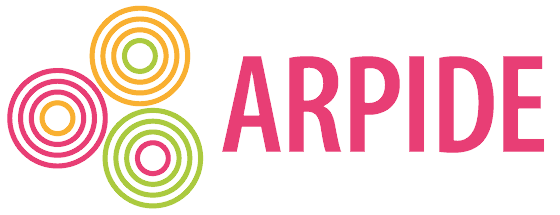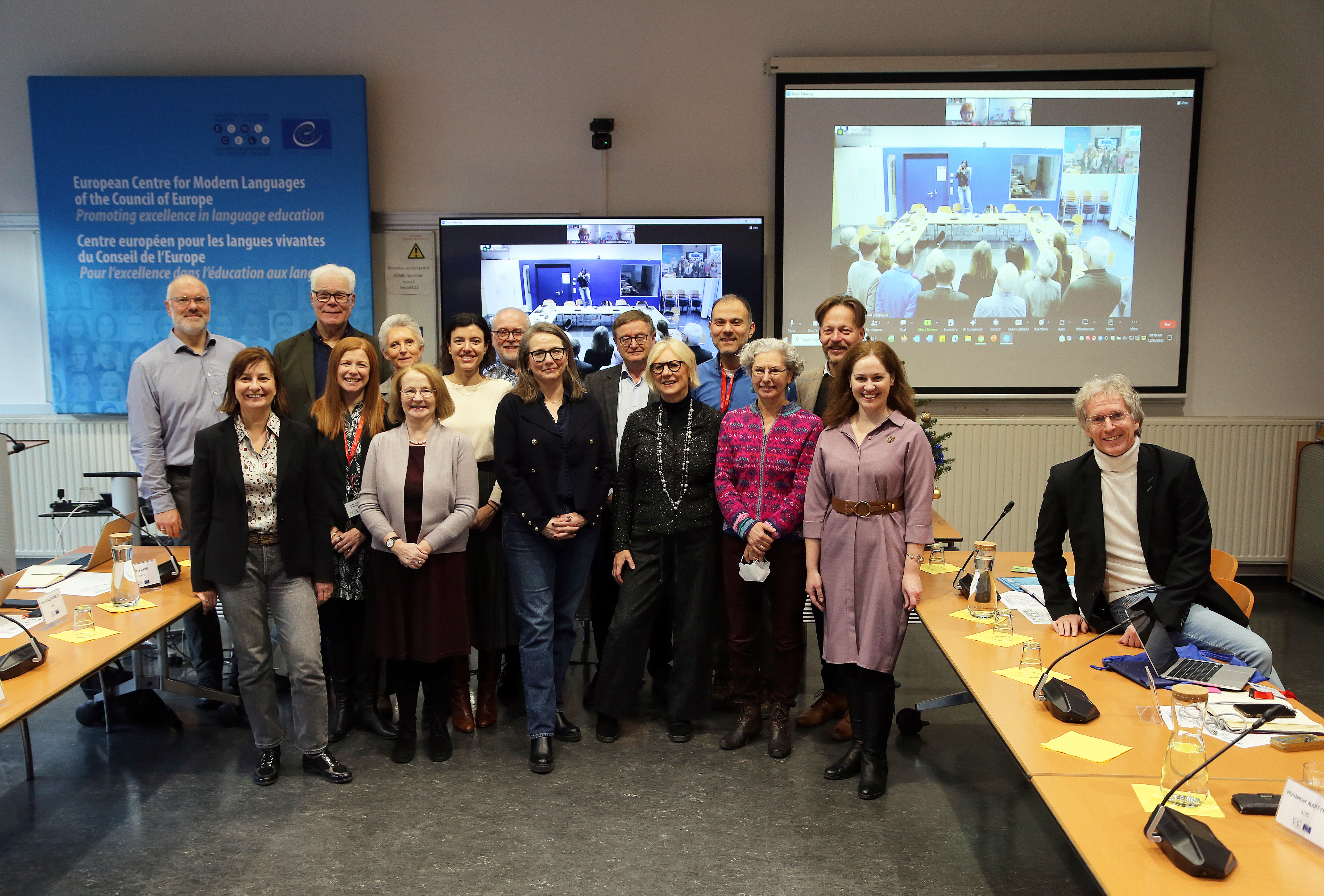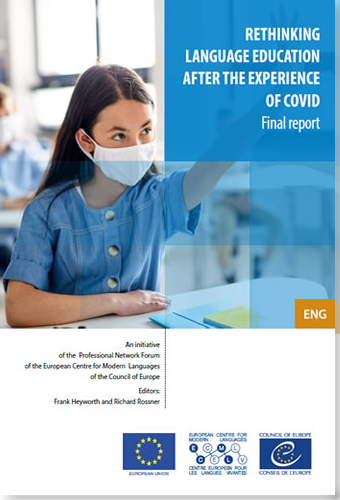Latest news items
23.10.2024
ARPIDE project workshop presented at Eaquals Online Conference
As part of the ARPIDE project's dissemination efforts, the project coordinator, Kenia Puig i Planella, and Miranda Karjagdi Çolak, project team member, presented a workshop at the Eaquals Online Conference (11-12 October 2024). The workshop focused on supporting quality practices in language education by promoting plurilingual and intercultural education for democratic culture, aligned with the Council of Europe's Recommendation CM/Rec(2022)1.
Participants explored how to strategically use ECML resources to enhance teaching and learning outcomes, aligning educational goals with competences for democratic culture. Through hands-on examples, the session demonstrated how teachers and institutions can adopt plurilingual and intercultural practices. Participants engaged with toolkits and real-life case studies, gaining insights into practical strategies for improving language teaching across Europe.
This workshop reinforced the ARPIDE project's commitment to fostering plurilingualism and intercultural understanding, contributing to sustainable educational improvement across diverse contexts.

Using ECML resources to support plurilingual and intercultural education for democratic culture
www.ecml.at/arpide
Miranda Karjagdi Çolak
19.12.2023
Professional Network Forum (PNF) meets at the ECML

The 13th meeting of the ECML Professional Network Forum took place at Centre’s premises on 15 December. Following on immediately after the Centre’s conference “Inspiring innovation in language education: changing contexts, evolving competences”, the event provided an opportunity to reflect on the results achieved through the ECML’s 2020-23 programme and their relevance both for the membership of the PNF and for the language education profession at large.
Representatives from 13 international associations and organisations working in area of language education and assessment (AILA, ALTE, CEL/ELC, CERCLES, EALTA, EAQUALS, ECSPM, EDiliC, EFNIL, EPA, FIPLV, ICC and OLBI) participated at the event. The Forum has proved highly successful in promoting cooperation among the member organisations with frequent ‘cross-pollination’ at webinars, conferences, initiatives and studies.
Among the many and varied topics discussed were: the impact of artificial intelligence; plurilingual policies and their effective implementation; digital citizenship in language education; successful approaches to promotion of ECML resources; and the continuing effects of Covid on education. Following the very successful PNF initiative “The future of language education in the light of Covid: Lessons learned and ways forward”and the publication of its findings within the report Rethinking language education after the experience of Covid, the representatives discussed possible future common actions. One suggestion was to build on these findings and pool resources for developing more versatility, criticality and autonomy in language teaching and learning, focusing on those working in higher and adult education.
The PNF is a civil society forum comprising a total of 16 associations/(umbrella) organisations – it has a potential outreach to thousands through its membership. Upcoming activities of the PNF member organisations are included on an ongoing basis within the ECML International events calendar.
17.05.2023
New ECML publication available: Rethinking language education after the experience of Covid – Final report

As an Enlarged Partial Agreement of the Council of Europe situated at the interface between policy, teacher education and classroom practice and in constant dialogue with ministries, national networks, individual experts and NGOs across Europe and beyond, the ECML is in a unique position to develop innovative, research-informed responses to challenges in language education. One such challenge, whose repercussions will continue for years to come, was the Covid pandemic; one such response is this publication, the final output of the initiative “Language education in the light of Covid: lessons learned and ways forward”.
The brainchild of Eaquals, one of the 16 member institutions of the ECML’s Professional Network Forum which brings together INGOs with common values and complementary expertise, and co-funded through the ECML’s Cooperation Agreement with the European Commission, this initiative is a wonderful example of what can be achieved when we work together in the service of quality language education.
Rethinking language education after the experience of Covid offers not only a timely reflection on the challenges faced and the approaches developed over the course of the pandemic but a look into the future at ways in which the skills and insights gained may bring about beneficial lasting changes in the teaching and learning of languages.
The Policy Guidelines contained within the publication, and also available as a stand-alone document, are based on the educational insights gained from surveys of language teachers and language learners about their experiences during the Covid. They arise from research and consultation activities carried out in 2021 and 2022 and are intended to assist and provide food for thought for policy makers in education authorities in Council of Europe member states, as well as those at institutional level responsible for overseeing and managing language education and the provision of teacher education for future and practising language teachers.
We are extremely grateful to the contributors to this initiative who took on this huge endeavour at the height of the pandemic. Through contact with teachers, learners and policy makers from all over Europe, they have succeeded in developing a most valuable publication that should serve to inform and stimulate discussion among all stakeholders in language education for many years to come.
ISBN 978-92-871-9354-4
© Council of Europe, April 2023
Editors: Richard Rossner, Frank Heyworth
French version of the publication currently in progress